SPOTLIGHT: First Nations Resident Kyron Weetra
Kyron Weetra, one of ActNow’s new First Nations Residents, reflects on the long and beautiful tradition of songlines and how the music has been woven into the history of his family, community and culture…and what carrying that forward might look like.
Find out more in this reflective Q&A with Smriti Daniel, our Marketing and Development Coordinator.
Could you tell me about how you became aware of songlines and what the earliest examples you encountered were?
I think I became consciously aware of the term 'songlines' around 8 years ago. However, I'd been privy to the notion ever since I can remember in a wholistic sense anyway. My nan would always point out to me when listening to or watching culture that 'those people are your people' and 'that's your song from your mob'. The notion of songlines were imbedded into my identity before I was consciously aware of them.
What do you think is their significance? And what do you hope to recover of your ancestral songlines through research and what you would like to create through your own work?
I think they are incredibly beautiful! To have any group of people have lines of song interwoven into their understanding of their culture and their space is remarkable. That practise calls to me very much as my creative being and my memory is woven from song.
Anything I grow to know that is true from the source is an absolute privilege! I can't wait to sit in the understanding of the sounds and hopefully do them justice. As to what that entails I'm eager to find out!
What are the challenges of language repatriation, not just in the broader sense but for you personally?
Although it's getting easier with accessibility options increasing and an ever growing pool of language resources to draw from, we're still fighting an uphill battle to recover and relearn from colonial cultural genocide.
I think for me, a lot of it is needing the time, the space and the means to actually be on country and learn from the Narunggan Elders. Knowledge of this kind should be passed down in the true aural tradition and I think that's the biggest hurdle for me, finding that time and space.
Why did this residency feel like a good fit for this moment in your career? What do you hope will come from it?
I think it's optimal timing. I'm beginning to head into a more professional phase of my career as well as becoming more and more adamant on being immersed in culture. I think through my teens and twenties I very much rebelled and rejected against any notion that anyone else had of 'what I was'. Subsequently, I didn't do too much inner reflection particularly pertaining to the past. The past 4 years have changed me a lot and has strengthened my idea of who I am. Even though my identity is as galvanized as it's ever been I have way more questions about it than ever. I hope to educate myself and engage more with my people in language.
What makes you nervous about this project? What excites you?
It's a really big journey that I've been wanting to be immersed in for as long as I can remember. Naturally, the nervousness and the excitement stem from eagerly jumping into the known unknown. All the nervous energy is positive as the 'known' aspect is nothing but warmth and love that I've experienced from my nunga family.
What role do you think a mentor can play and how do you hope to collaborate with the team at ActNow?
I think inevitably many mentors will be with me on my journey, first met and long had. ActNow are always working to find the appropriate support and membership and we have had many discussions about mentorship. A lot of it will be driven by going down to country and meeting Elders. This, I am very excited for!

